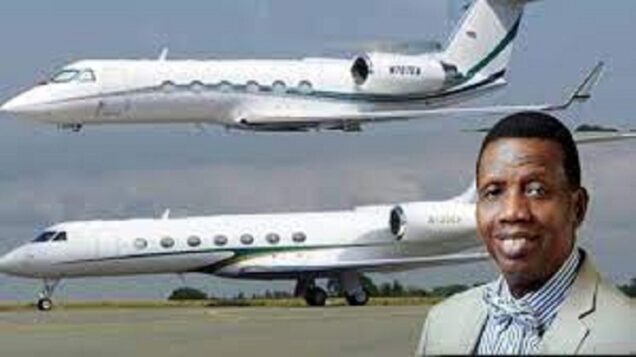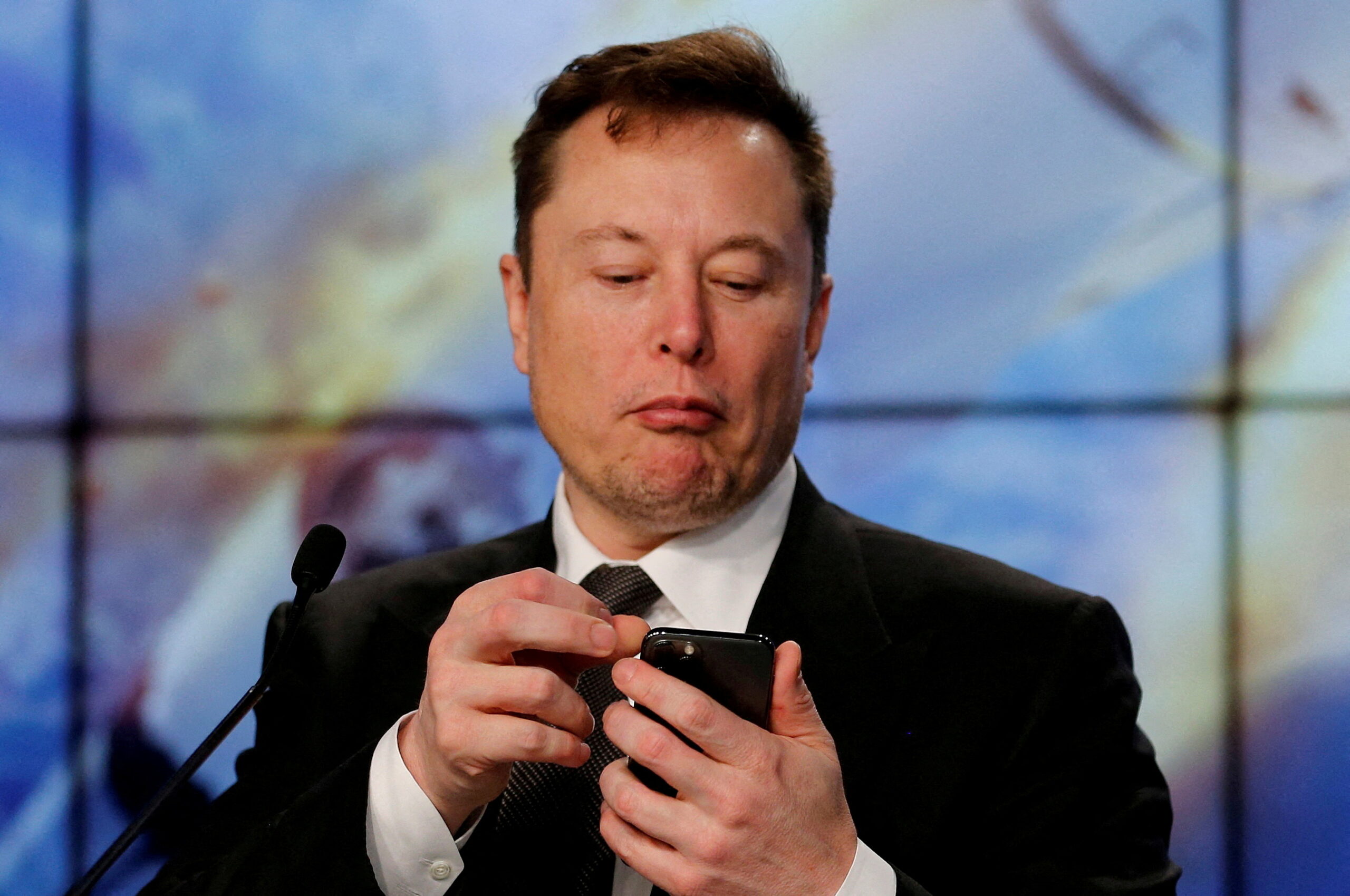The wealth of the British Royal family remains a closely guarded secret but it is said to run into billions of dollars.
Last year, Forbes put the headline value of its holdings at $28 billion, theoretically making the Windsors (House of Windsor is reigning royal house of the UK and other Commonwealth realms) one of the two richest clans in Britain.
Among those holdings are instantly recognisable icons like Buckingham Palace and crown jewels. Also included are vast tracts of land, from office properties and a major cricket ground in London to farmland on Britain’s outer edges, New York Times reports.
But not all of that belongs to the Royal house. The three largest parts of the royal holdings are as follows:
The Crown Estate, a 16.5 billion pound ($19.2 billion) portfolio of real estate that includes £8 billion worth of retail property in London’s West End, commercial land around the nation and even the British seabed.
It generated £327.8 million in operating profit in its most recent fiscal year, up 8 percent from the previous year. (That said, the estate doesn’t belong personally to the Windsors, who instead surrender all its revenue to the government. In return, they receive the so-called Sovereign Grant from taxpayers, amounting to 25 percent of the Crown Estate’s profits, to pay for royal duties and the upkeep of several palaces. Last year, that came to £86.3 million.)
The Duchy of Cornwall, a £1 billion array of property that belongs outright to the monarch’s heir — and so will pass from Charles to his elder son, William — and stretches from coastal southwestern England to London’s Oval cricket ground. It reported £24.6 million in operating profit last year, up 16 percent from the prior year.
The Duchy of Lancaster, an £818 million holding spread out over Britain that belongs to the monarch. It reported £23.3 million in operating profit last year, up 4 percent year on year.
(It’s worth noting that the royal family is entitled to income from the duchies, but not the underlying capital.)
But the future of the Windsors’ fortunes is bound with that of Britain. Though the king enjoys an array of privileges not available to the average Briton — including a broad exemption from most taxes, though Charles and his late mother voluntarily paid some taxes — the holdings of Charles and his family are largely tied up in real estate. That leaves their worth vulnerable to the economic forces buffeting the nation, including the double-digit inflation that is roiling retailers, the growing popularity of remote work that has hurt commercial real estate and more.
Charles, who was crowned King Charles III on Saturday, spent half a century turning his royal estate into a billion-dollar portfolio and one of the most lucrative moneymakers in the royal family business, New York Times reports.
While his mother, Queen Elizabeth II, largely delegated responsibility for her portfolio, Charles was far more deeply involved in developing the private estate known as the Duchy of Cornwall. Over the past decade, he has assembled a large team of professional managers who increased his portfolio’s value and profits by about 50 percent.
Today, the Duchy of Cornwall owns the landmark cricket ground known as The Oval, lush farmland in the south of England, seaside vacation rentals, office space in London and a suburban supermarket depot. (A duchy is a territory traditionally governed by a duke or duchess.) The 130,000-acre real estate portfolio is nearly the size of Chicago and generates millions of dollars a year in rental income.
The conglomerate’s holdings are valued at roughly $1.4 billion, compared with around $949 million in the late queen’s private portfolio. These two estates represent a small fraction of the royal family’s estimated $28 billion fortune. On top of that, the family has personal wealth that remains a closely guarded secret.
As king, Charles will take over his mother’s portfolio and inherit a share of this untold personal fortune. While British citizens normally pay around 40 percent inheritance tax, King Charles gets this tax free. And he will pass control of his duchy to his elder son, William, to develop further without having to pay corporate taxes.
The growth in the royal family’s coffers and King Charles’s personal wealth over the past decade came at a time when Britain faced deep austerity budget cuts. Poverty levels soared, and the use of food banks almost doubled. His lifestyle of palaces and polo has long fueled accusations that he is out of touch with ordinary people. And he has at times been the unwitting symbol of that disconnect — such as when his limo was mobbed by students protesting rising tuition in 2010 or when he perched atop a golden throne in his royal finery this year to pledge help for struggling families.
The Duchy of Cornwall, which owns sites like the landmark Oval cricket grounds, has a 130,000-acre real estate portfolio and generates millions of dollars a year in rent.
Today, he ascends to the throne as the country buckles under a cost-of-living crisis that is expected to see poverty get even worse. A more divisive figure than his mother, King Charles is likely to give fresh energy to those questioning the relevance of a royal family at a time of public hardship.
Laura Clancy, the author of “Running the Family Firm: How the Monarchy Manages Its Image and Our Money,” said King Charles transformed the once-sleepy royal accounts.
“The duchy has been steadily commercializing over the past few decades,” Ms. Clancy said. “It is run like a commercial business with a C.E.O. and over 150 staff.” What used to be thought of as simply a “landed gentry pile of land” now operates like a corporation, she said.
The Duchy of Cornwall was established in the 14th century as a way to generate income for the heir to the throne and has essentially funded Charles’s private and official expenses. One example of its financial might: The $28 million profit he made from it last year dwarfed his official salary as prince, just over $1.1 million.
Piecing together the royal family’s assets is complicated, but the fortune falls generally into four groups.
First, and most prominent, is the Crown Estate, which oversees the assets of the monarchy through a board of directors. Charles, as king, will serve as its chairman, but he does not have final say over how the business is managed.
The estate, which official accounts value at more than $19 billion, includes shopping malls, busy streets in London’s West End and a growing number of wind farms. The royals are entitled to take only rental income from their official estates and may not profit from any sales, as they do not personally own the assets.
The estate’s profits, valued at about $363 million this year, are turned over to the Treasury, which in return gives the royal household a payment called a sovereign grant based on those profits — which must be topped up by the government if it is lower than the previous year. In 2017, the government increased the family’s payment to 25 percent of the profits to cover the costs of renovating Buckingham Palace.
Charles’s business moves over the past decade have boosted the royal family’s coffers at a time when the rest of the country has faced deep austerity budget cuts.
The latest sovereign grant received by the royals was around $100 million, which the family, including Charles, has used for official royal duties, like visits, payroll and housekeeping. It does not cover the royals’ security costs, which are also paid by the government, but the cost is kept secret.
The next major pot of money is the Duchy of Lancaster. This $949 million portfolio is owned by whoever sits on the throne.
But the value of that trust is dwarfed by the Duchy of Cornwall, the third significant home of royal money, which Charles has long presided over as prince. Generating tens of millions of dollars a year, the duchy has funded his private and official spending and has bankrolled William, the heir to the throne, and Kate, William’s wife.
It has done so without paying corporation taxes like most businesses in Britain are obliged to, and without publishing details about where the estate invests its money.
“When Charles took over at age 21, the duchy was not in a good financial state,” Marlene Koenig, a royal expert and writer, said, citing poor management and a lack of diversification. Charles took a more active role in the portfolio in the 1980s and began hiring experienced managers.
“It was at this time that the duchy became financially aggressive,” she said.
In 2017, leaked financial documents known as the Paradise Papers revealed that Charles’s duchy estate had invested millions in offshore companies, including a Bermuda-registered business run by one of his best friends.
The final pool of money, and the most secretive, is the family’s private fortune. According to the Rich List, the annual catalogue of British wealth published in The Sunday Times, the queen had a net worth of about $430 million. That includes her personal assets, such as Balmoral Castle and Sandringham Estate, which she inherited from her father. Much of her personal wealth has been kept private.
King Charles has also made financial headlines unrelated to his wealth but tied to the charitable foundation that he chairs and operates in his name. His stewardship of the foundation has been marred by controversy, most recently this spring, when The Sunday Times reported that Charles had accepted 3 million euros in cash — including money stuffed in shopping bags and a suitcase — from a former Qatari prime minister, Sheikh Hamad bin Jassim bin Jaber al-Thani.
The money was for his foundation, which finances philanthropic causes around the world. Charles does not benefit financially from such contributions.
“He’s willing to take money from anybody, really, without questioning whether it’s the wise thing to do,” said Norman Baker, a former government minister and author of the book “… And What Do You Do? What the Royal Family Don’t Want You to Know.”
Mr. Baker described Charles as the most progressive, caring member of the royal family. But he said he had also filed a police complaint accusing him of improperly selling honorary titles.
“That’s no way to behave for a royal,” he said, referring to an ongoing scandal over whether Charles had granted knighthood and citizenship to a Saudi businessman in exchange for donations to one of Charles’s charitable ventures.
Charles denied knowing about this, one of his top aides who was implicated stepped down, and the authorities began investigating. The king’s representatives did not respond to a message seeking comment.
Charles has also courted controversy with his outspoken views and campaigning. He has lobbied senior government ministers, including Tony Blair, through dozens of letters on issues from the Iraq war to alternative therapies. Though English law does not require it, royal protocol calls for political neutrality.
In his inaugural address on Saturday, the king indicated that he planned to step back from his outside endeavours. “It will no longer be possible for me to give so much of my time and energies to the charities and issues for which I care so deeply,” he said.
Ms. Clancy, the author, said the new king, in theory, would be expected to drop his lobbying and business ventures entirely.
“Whether that will pan out is a different question,” she said.
This story first appeared in Sahara Reporters



Connect with us on our socials: